jumping off of what I learned from tendon strength and hand position effort , I felt it could be insightful to learn about people who have conditions where their tendon strength has been injured.
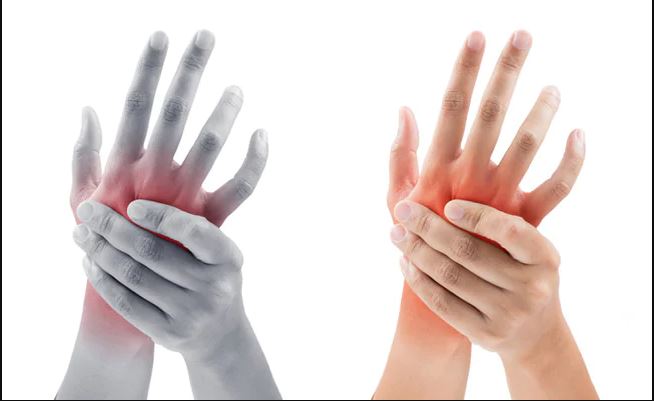
Neuropathy is damage or dysfunction of one or more nerves that typically results in numbness, tingling, muscle weakness and pain in the affected area. Neuropathies frequently start in your hands and feet, but other parts of your body can be affected too.
-carpal tunnel is a type of hand neuropathy
-Hand Neuropathy can negatively effect hand manual dexterity (the ability to use your hands in a skillful, coordinated way to grasp and manipulate objects and demonstrate small, precise movements).
Indoor Rock climbing may provide some insight into what kinds of shapes and forms are easier to grip (requiring less hand dexterity and grip strength)
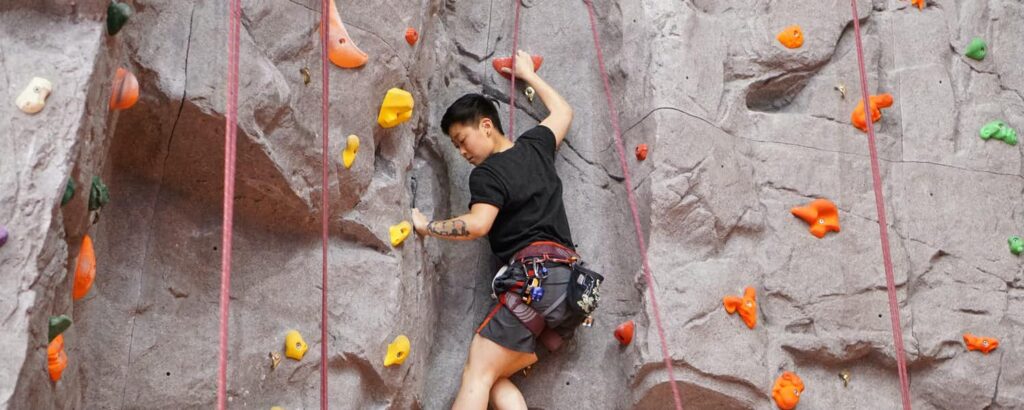
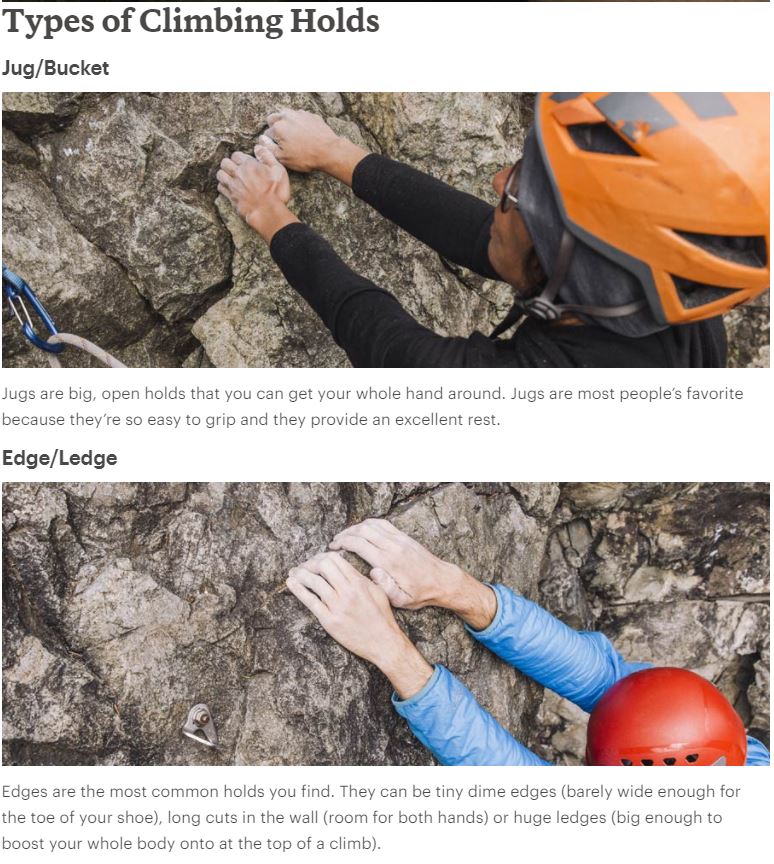
there are many types of rock climbing hold including horns, jugs, flakes, underclings, pockets, slopers, pinches, crimps, and ledges. However the easiest of these holds are Jugs.
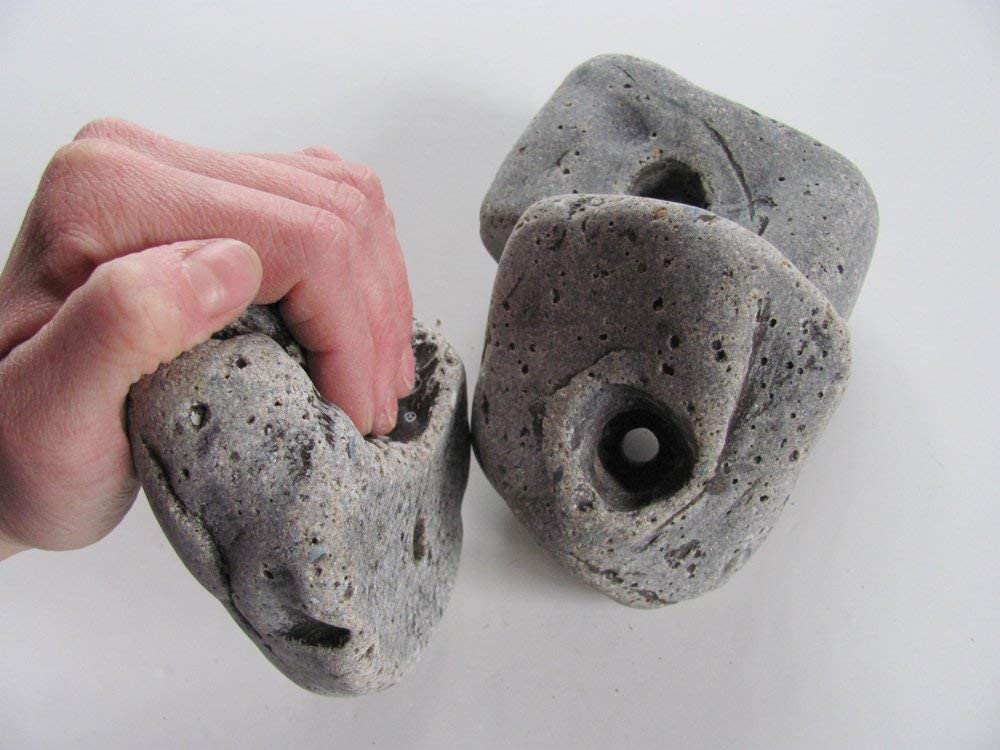
Normally smaller holds are considered harder and thus because of their large size, Horns can also be considered to be easier than most holds, but because they are so big (bigger than the size of your hand), it can be difficult to maintain this grip for a long time.
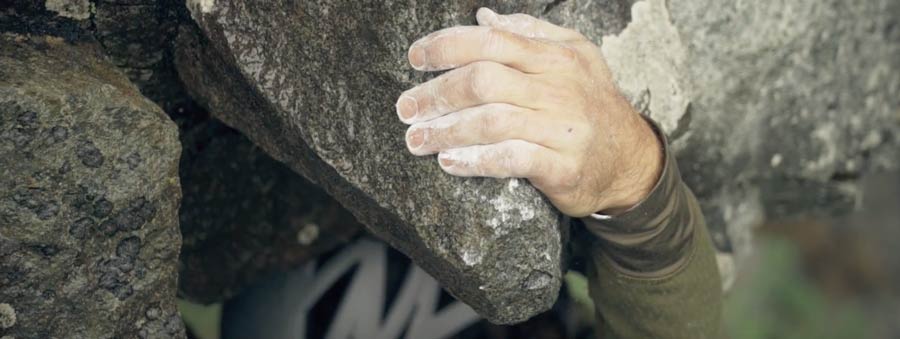
This is why Jugs are the easiest hold; small enough to fit nicely for the size of an average hand, yet large enough to require little grip strength.
SOURCES
C. (2019). Neuropathy (Peripheral Neuropathy). Retrieved November 28, 2020, from https://my.clevelandclinic.org/health/diseases/14737-neuropathy
A. (2015). THE IMPORTANCE OF MANUAL DEXTERITY. Retrieved November 28, 2020, from https://www.adea.org/GoDental/Application_Prep/Preparing_for_Dental_School/The_Importance_of_Manual_Dexterity.aspx
R. (2018). How to Use Rock Climbing Holds. Retrieved November 28, 2020, from https://www.rei.com/learn/expert-advice/climbing-holds.html
Leave a Reply